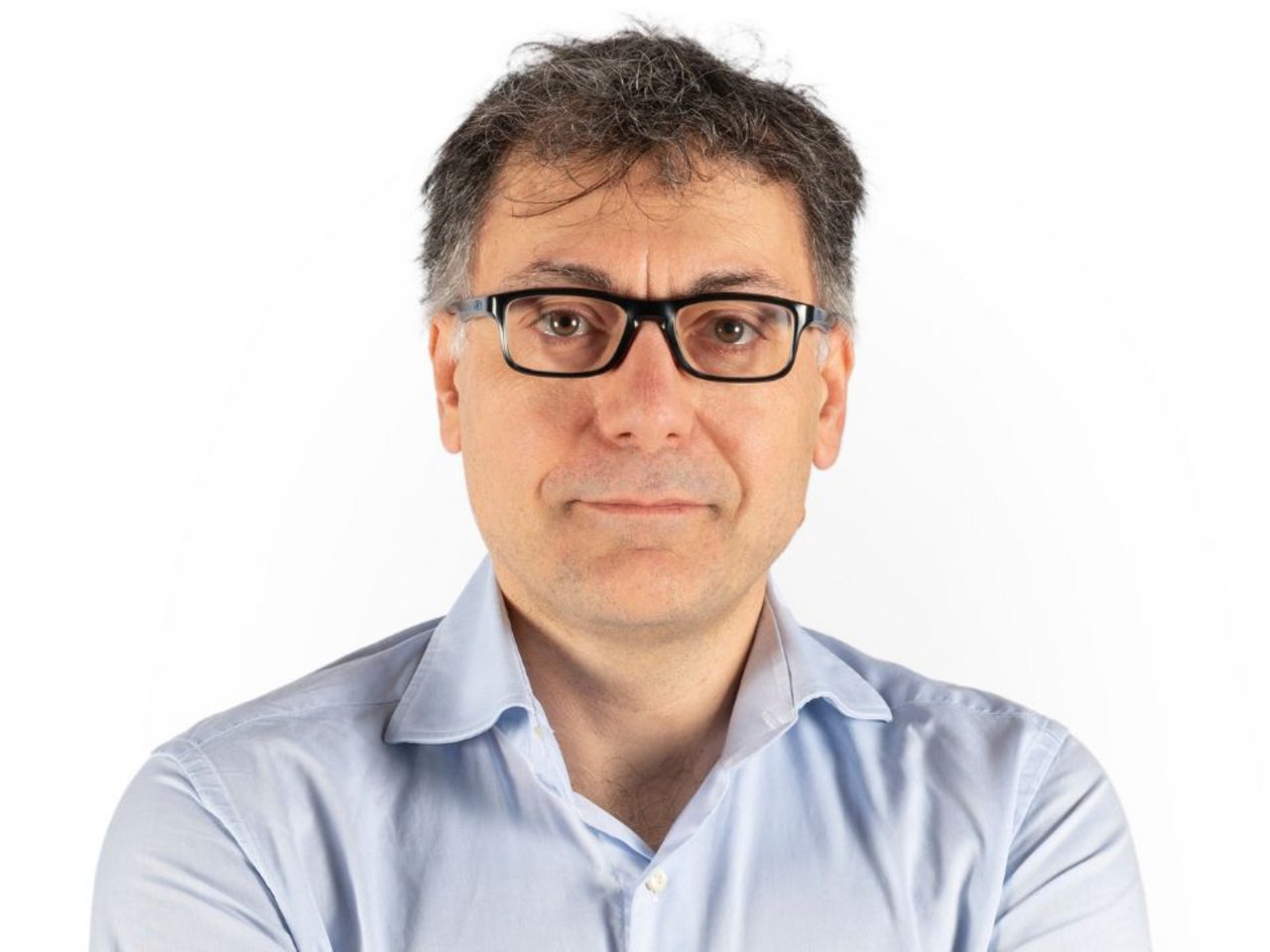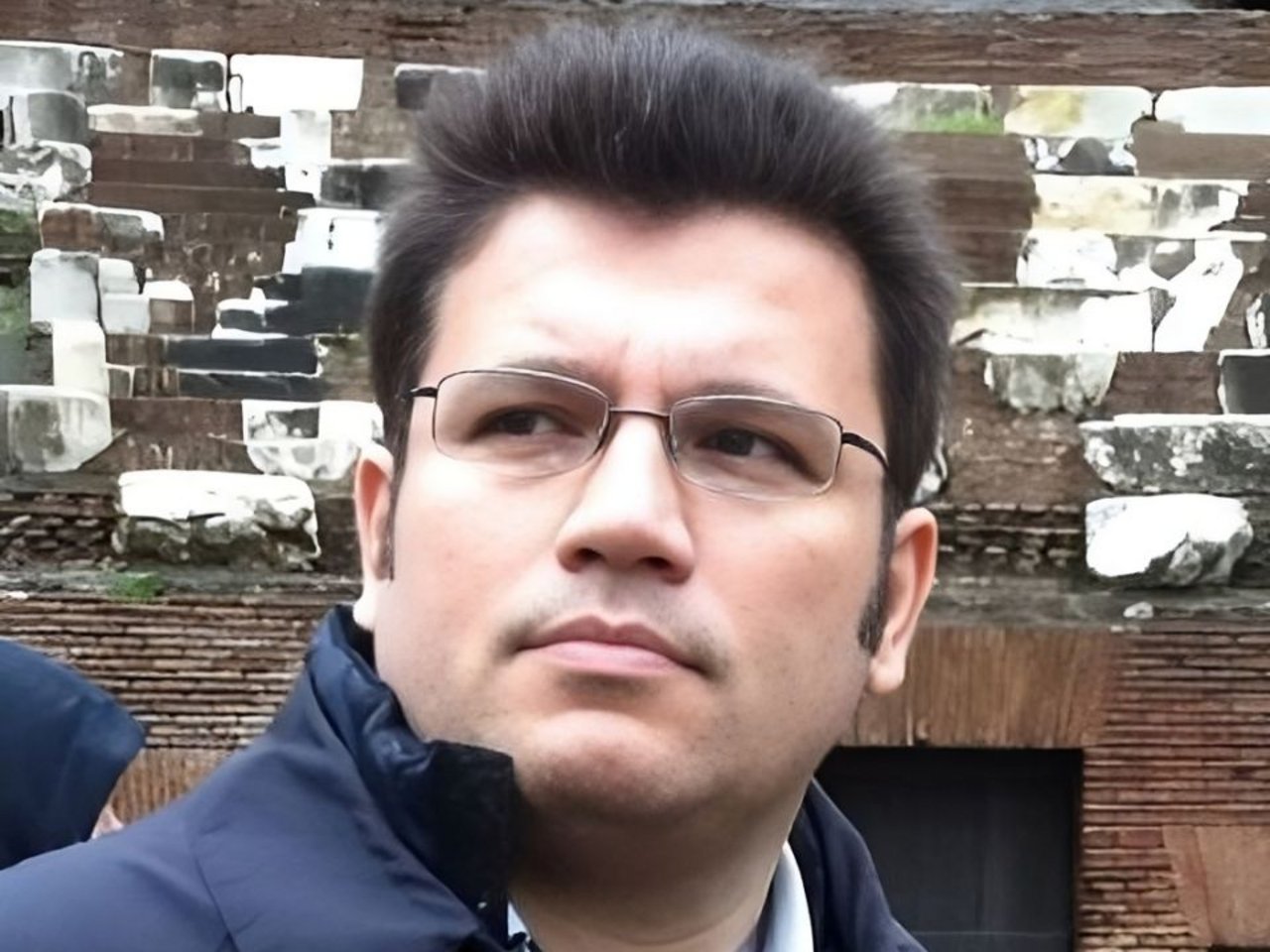FISA funds two Polimi projects
A novel agri-food label which is sustainable and implements product security and traceability, and a cutting-edge solution for real-time monitoring of hadrontherapy cancer treatment: these are the topics of the two projects of the Politecnico di Milano funded thanks to the Italian Fund for Applied Sciences (FISA), established by the Ministry of University and Research in 2022 with the aim of promoting the competitiveness of the national production system through the enhancement of industrial research and experimental development.
APPEAL
APPEAL - Agrifood Protected by Printable Edible Authenticating Label, aims to guarantee the traceability and authenticity of agri-food products by developing an innovative edible label.
The label certifies 3 levels of security, each verified by readers of increasing complexity. Specifically, consumers will use a common smartphone to access public information relating to the product, while operators in the sector will use a dedicated optical reader to retrieve information that cannot be disclosed to the public.
Furthermore, through the use of edible and compostable materials, the label developed by APPEAL aims to contribute to the reduction of the environmental impact of agri-food packaging; this is a very important objective: the European Commission itself, in fact, has reported how - without a change of direction in this area - the continuous growth of packaging as a type of waste risks and the consequent increase in greenhouse gas emissions resulting from their disposal, risks undermining the efforts to reach the European goal of zero emissions by 2050.
Coordinator: prof. Carlo Casari, Department of Energy.
REALPATH
A cutting-edge solution for real-time monitoring of hadrontherapy cancer treatment. Coordinator: Carlo Fiorini, Department of Electronics, Information and Bioengineering.
Hadron Therapy (HT) is rapidly gaining importance for tumor treatments with about one hundred clinical centers operational worldwide. In HT, patients are treated with charged particles, as protons or carbon ions, which deposit their energy in the tissue in a much more localized region (the Bragg Peak – BP) than in conventional radiotherapy with electrons and photons. The intrinsically-localized irradiation capability would require a real-time monitoring of the BP, to verify the correspondence with the treatment plan and to avoid the irradiation of organs at risk.
The project will develop a real-time range verification system based on the measurement of prompt gamma rays, emitted almost instantaneously after the beam interaction with the patient’s tissues. Although research groups all over the world have explored different detection techniques, with proof-of-concept prototypes, clinical devices and procedures for routinely monitoring the range of therapeutic particle beams in the patient’s body are not yet available.
To achieve this goal, the project adopts an industrial-oriented approach to realize a complete prototype, from one side including the most advanced technical solutions for gamma-detection, but at the same time engineered and scaled appropriately to successfully demonstrate in a real clinical irradiation scenario the application of an online range verification technique.


